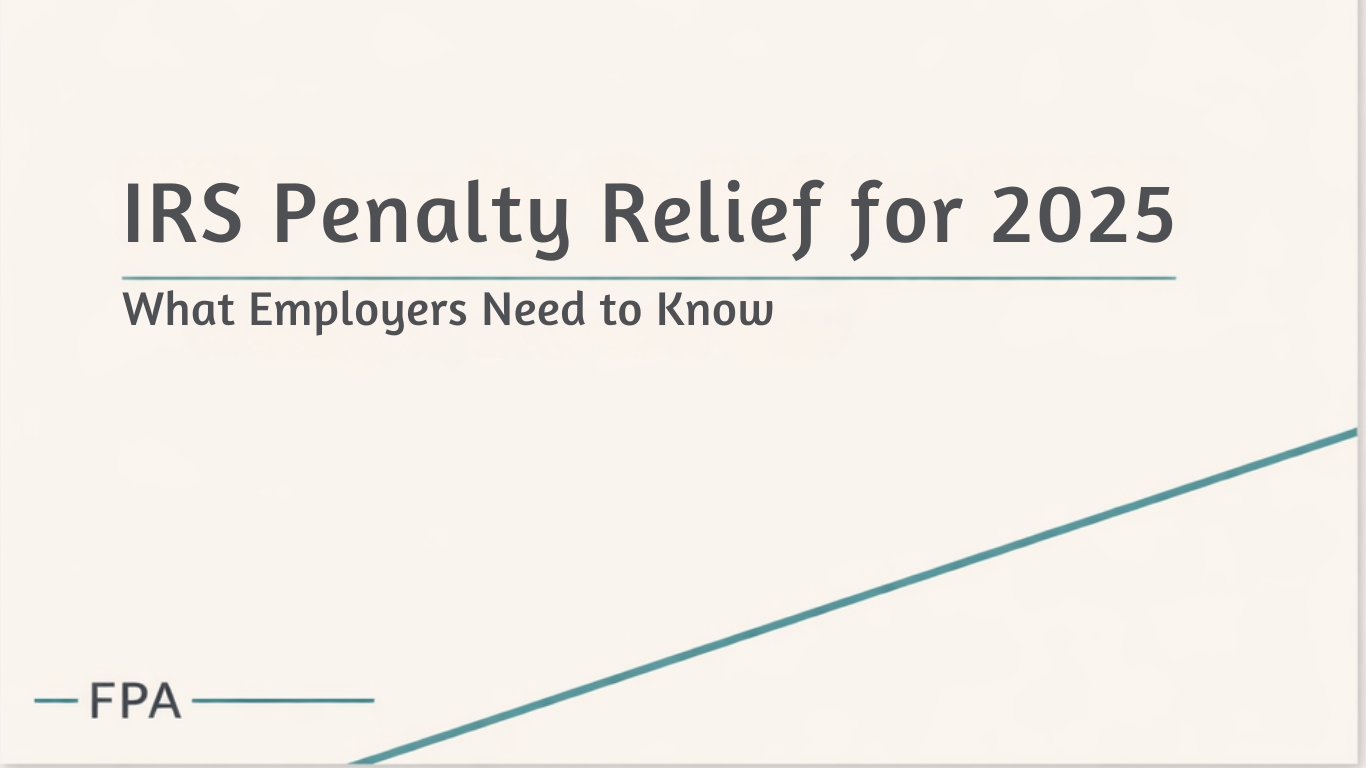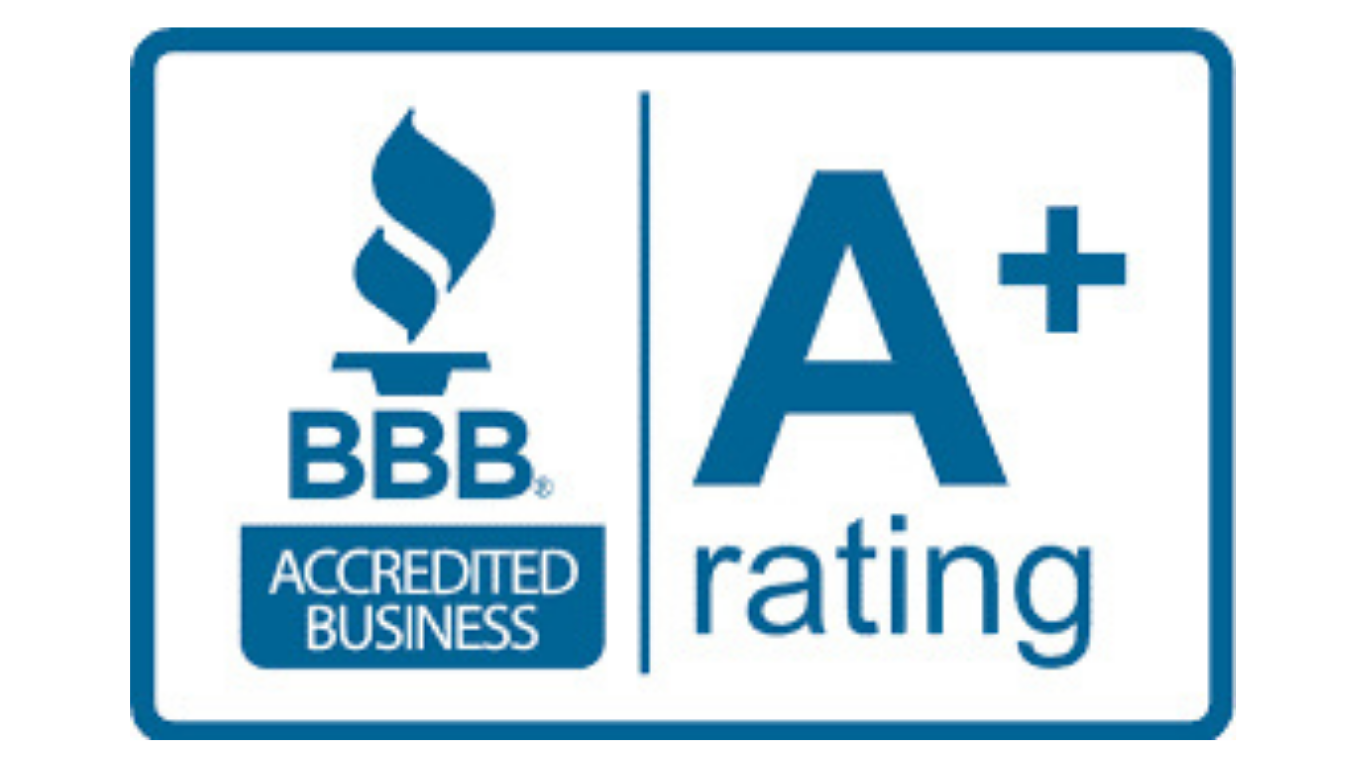Preparing for Payroll Costs in 2024
Preparing for Payroll Costs in 2024

Prepare your 2024 budget with careful consideration of rising payroll costs and employee benefits to stay competitive in the evolving market landscape.
The article emphasizes the importance of considering payroll changes in the 2024 budget due to factors like increased wages, higher payroll taxes, and other considerations. Minimum wage increases set to take effect on January 1, 2024, may necessitate adjustments in employee wages, with various states having their own rates.
Employers should also factor in potential changes to overtime rules proposed by the U.S. Department of Labor, potentially affecting more employees.
World At Work projects a 3.5% increase in compensation for 2024, but actual adjustments will depend on factors like cost of living and industry competition. Higher wages also mean increased payroll taxes, including FICA, FUTA, state unemployment tax, and workers’ compensation. Employer costs for health insurance are expected to rise in 2024 due to factors like medical inflation and demand for expensive treatments, prompting consideration of alternative coverage options. Dependent care benefits and retirement savings plans are also highlighted as areas where adjustments may be necessary.
Additionally, the Social Security tax wage base for 2024 is set to increase to $168,600, up from $160,200 in 2023. Overall, employers are advised to carefully analyze and adjust their budgets to account for these payroll-related costs in 2024. They should also stay updated on potential law changes that may impact administrative or tax expenses related to payroll. For more information click the link!
https://smallbiztrends.com/2023/10/preparing-for-payroll-costs.html



























